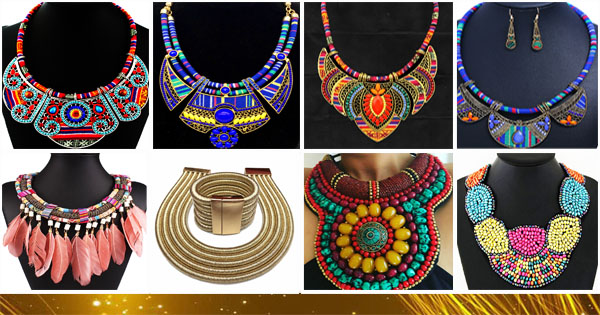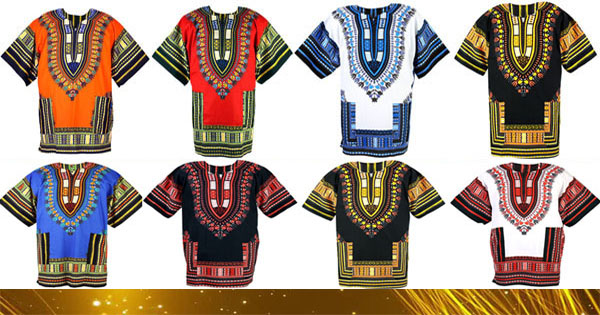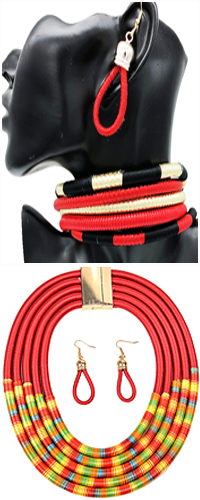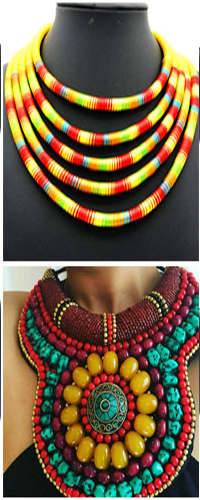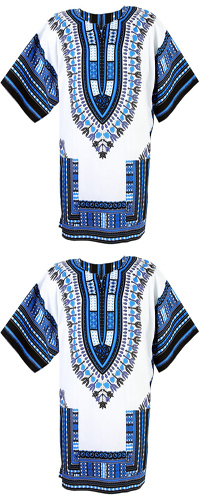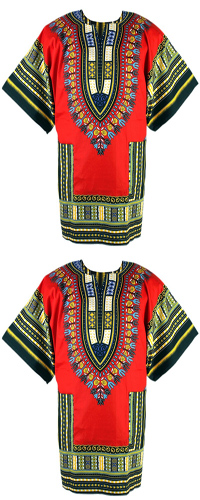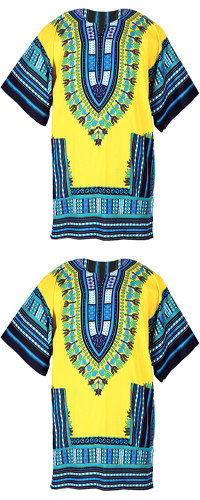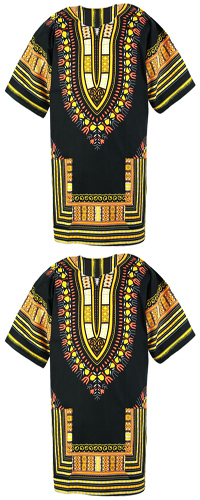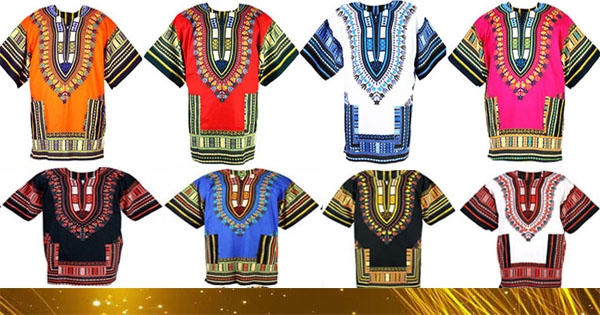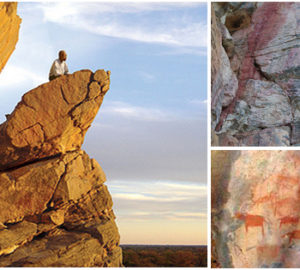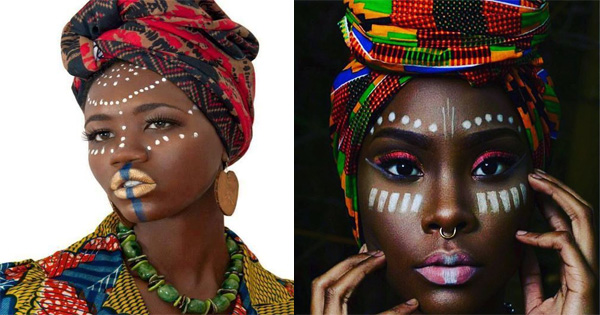
Beauty of Tribal Makeup | Inspiration
Africa is a continent rich in tradition where we find African peoples and tribes who respect the traditions and culture of their ancestors.
Tribal makeup is of great importance to these diverse peoples. It is considered a true art of beauty and social belonging.
These people make up themselves using paint or clay with different shades using dried plants and flowers. Each color has a particular meaning that helps to determine the status of the person. They draw symbols that tell stories and provide cultural information. These symbols are considered sacred and have mainly been used in ceremonial and religious contexts.
The various meanings of tribal makeup.
- 1/ It is a social marker. Indeed, it makes it possible to distinguish men from women, boys from men, young men from older men, and tribal members from foreigners.
- 2/ It is an indication of the status and culture to which the person belongs.
- 3/ Tribal art differs according to a person’s rank in society. Specifically, the higher your rank, the more complicated your makeup will be on your face. Many people start with basic tribal painting (or tattoos) and as they rise through the ranks, more symbols are added to match their rank and accomplishments.
- 4/ Finally, it expresses religious and traditional reasons, military purposes or to frighten an enemy.
Each color and each symbol has a certain meaning:
- Black = power, mystery, evil and death.
- Grey = authority, stability and maturity.
- Purple = royalty, wisdom, luxury and passion.
- Yellow = energy, joy and warmth.
- Red = danger, audacity, urgency and energy.
- Blue = peace, calm, trust and affection.
- Green = life, freshness, growth, and healing.
- White = hope, purity and light.
Internationalization of tribal make-up
Today, tribal make-up has grown. Many women use this style of makeup to celebrate the beauty and heritage of their African ancestors.
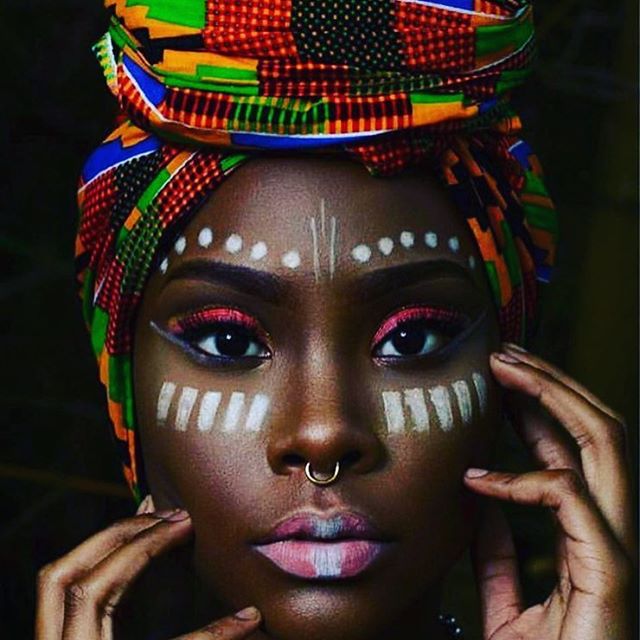
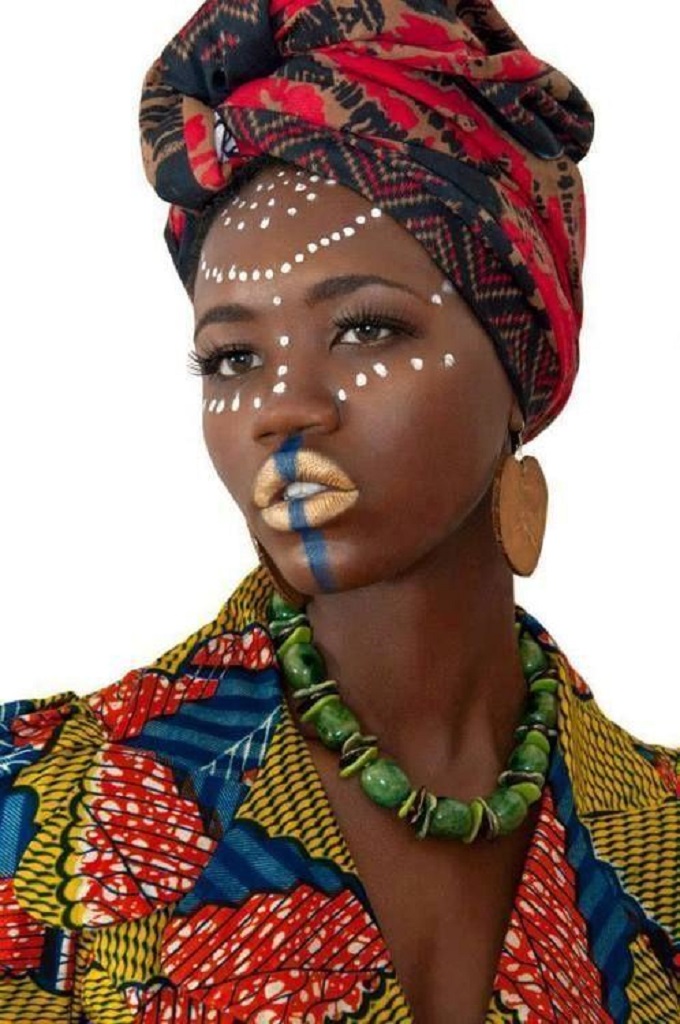

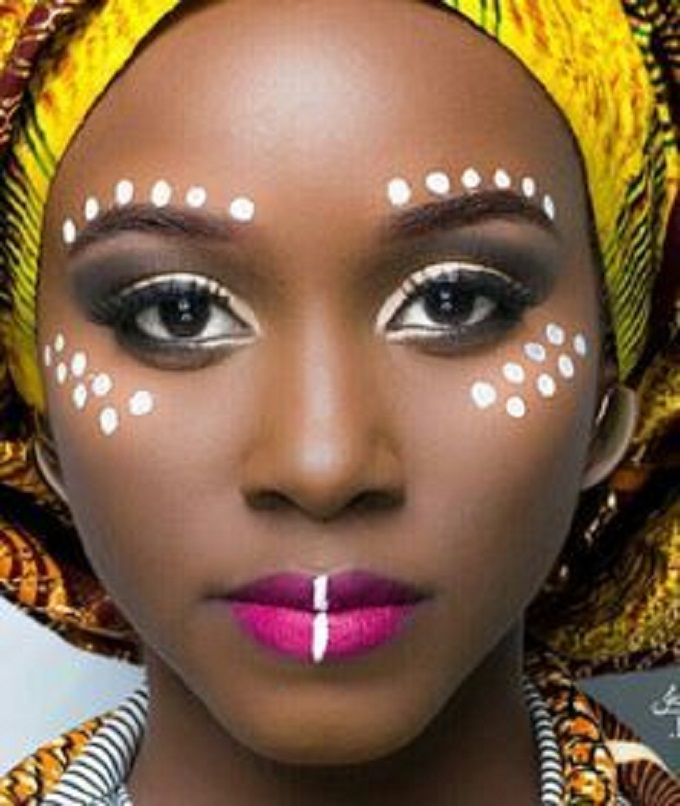
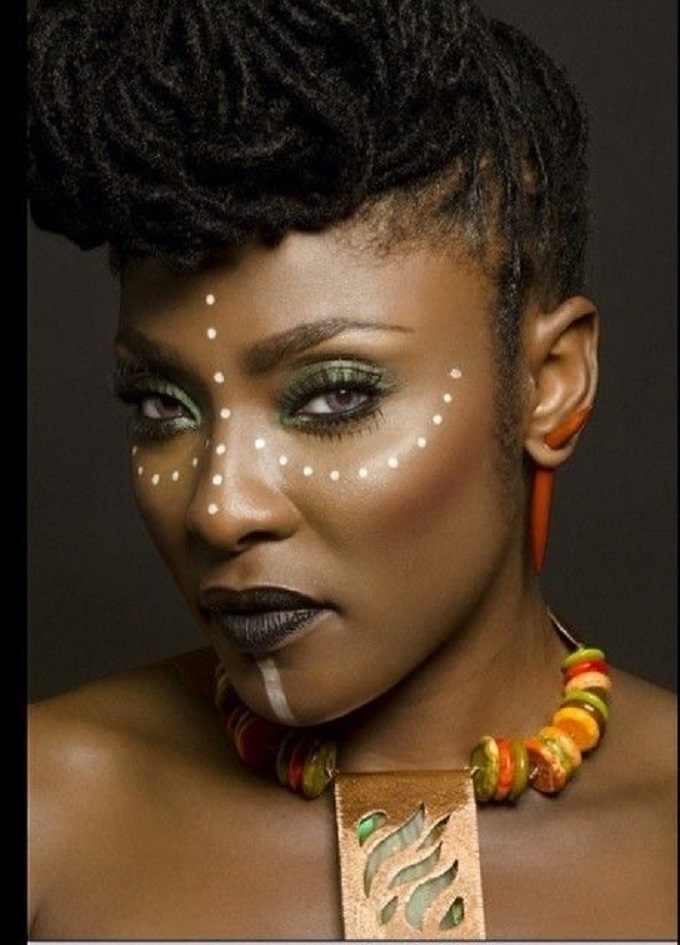
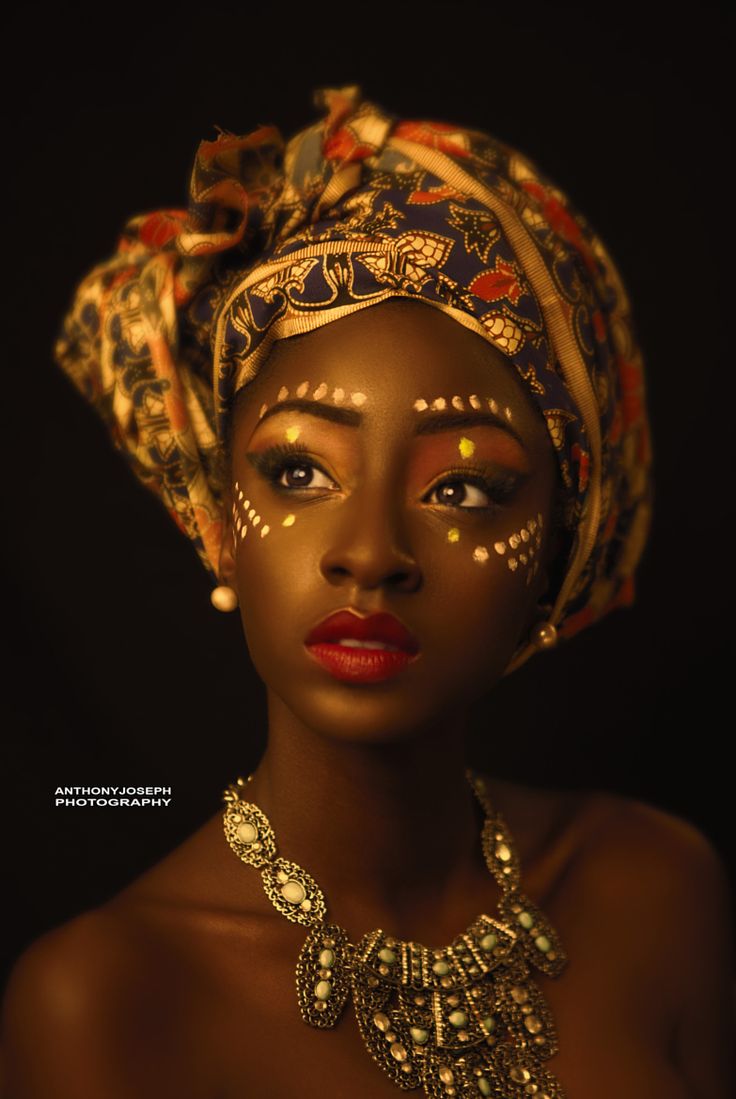
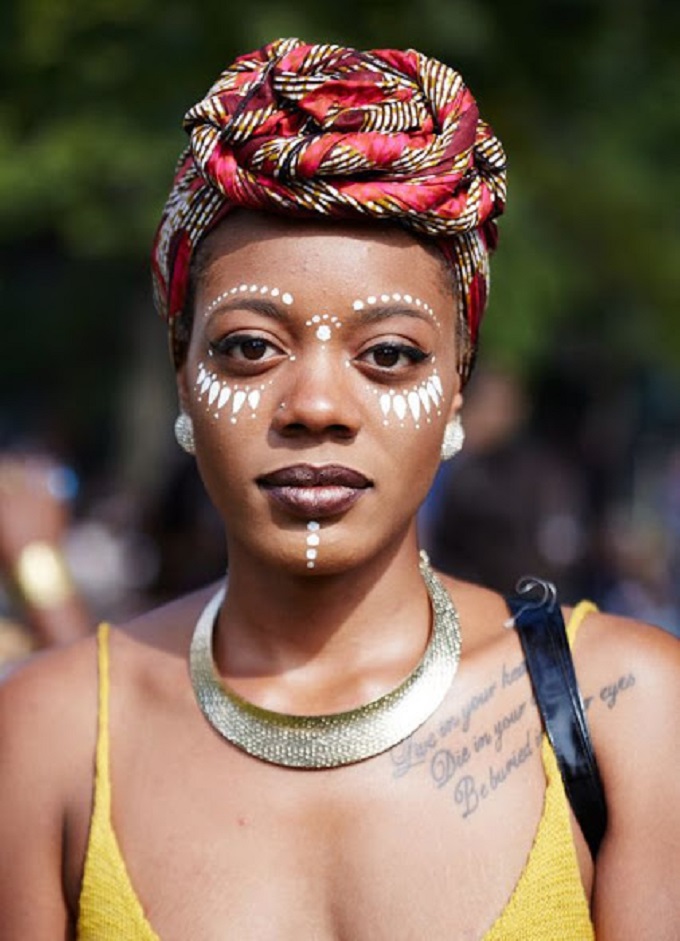
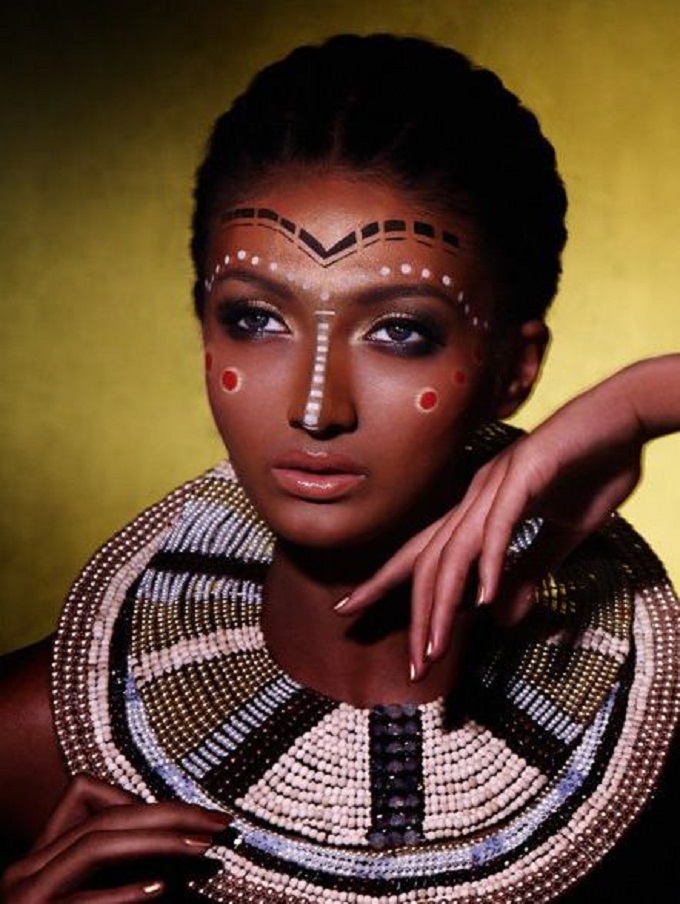
|
|




